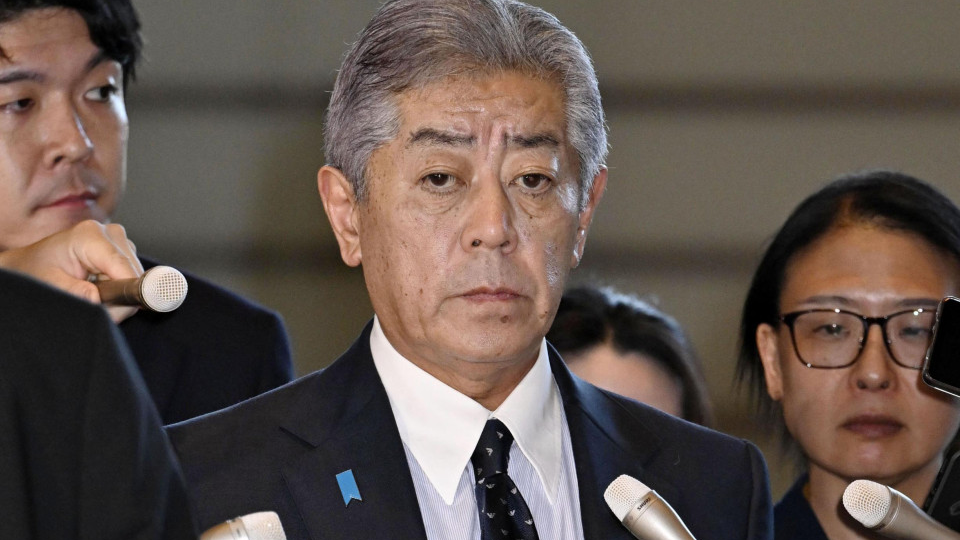Japanese Foreign Minister Takeshi Iwaya on Wednesday stressed the importance of a cease-fire in the Israel-Iran conflict and the resumption of dialogue during a meeting with his Group of Seven counterparts.
Iwaya said he told his G7 counterparts during the talks in The Hague that Japan will continue to make “all necessary diplomatic efforts” on the Middle East issue in coordination with other partners and the international community.
“As the world faces various challenges, including affairs in the Middle East, the unity of the G7 is essential to addressing them,” Iwaya told reporters. The G7 ministers gathered in the Dutch city on the sidelines of a two-day annual NATO summit from Tuesday.
The meeting came shortly after Israel and Iran agreed to a cease-fire following tit-for-tat strikes that erupted earlier this month, with Israeli forces targeting Iranian nuclear and military sites.
The agreement between the two countries came after direct U.S. strikes on key Iranian nuclear facilities over the weekend, carried out under President Donald Trump.
Iwaya said in a statement Monday that Japan “understands” the U.S. military action as a demonstration of its resolve to de-escalate the situation while preventing Iran from acquiring nuclear weapons.
Japan has traditionally maintained friendly ties with Iran, even as its security alliance with the United States is strong. Stability in the Middle East is vital for the resource-scarce Asian nation, given its heavy dependence on the region for crude oil.
At the G7 gathering, Iwaya said Japan “took the initiative in candid discussions” on issues related to China and North Korea amid Beijing’s growing military assertiveness in the region and Pyongyang’s continued missile and nuclear development.
After the G7 talks, Iwaya and U.S. Secretary of State Marco Rubio met bilaterally and agreed on the need for further diplomatic efforts to promote peace and stability in the Middle East while pledging to maintain close communication, the Foreign Ministry said.
Iwaya and Rubio exchanged views on U.S. tariff measures and affirmed their support for ministerial-level consultations aimed at reaching a “mutually beneficial agreement,” according to the Japanese ministry.
Later Wednesday, Iwaya took part in a meeting between NATO and its Indo-Pacific partners — Australia, Japan, New Zealand and South Korea — where they pledged in a joint statement to strengthen cooperation in the defense industry, space and maritime domains.
During a separate meeting, Iwaya and Dutch Prime Minister Dick Schoof agreed to begin negotiations toward an acquisition and cross-servicing agreement to facilitate the exchange of defense supplies and logistical support.
Iwaya also held bilateral meetings with his German and Canadian counterparts, Johann Wadephul and Anita Anand.
Related coverage:
Japan welcomes Trump’s announcement on Israel-Iran cease-fire
Israel PM’s office says it has agreed to cease-fire with Iran
Japan appears to show some support for U.S. strikes on Iran


AloJapan.com